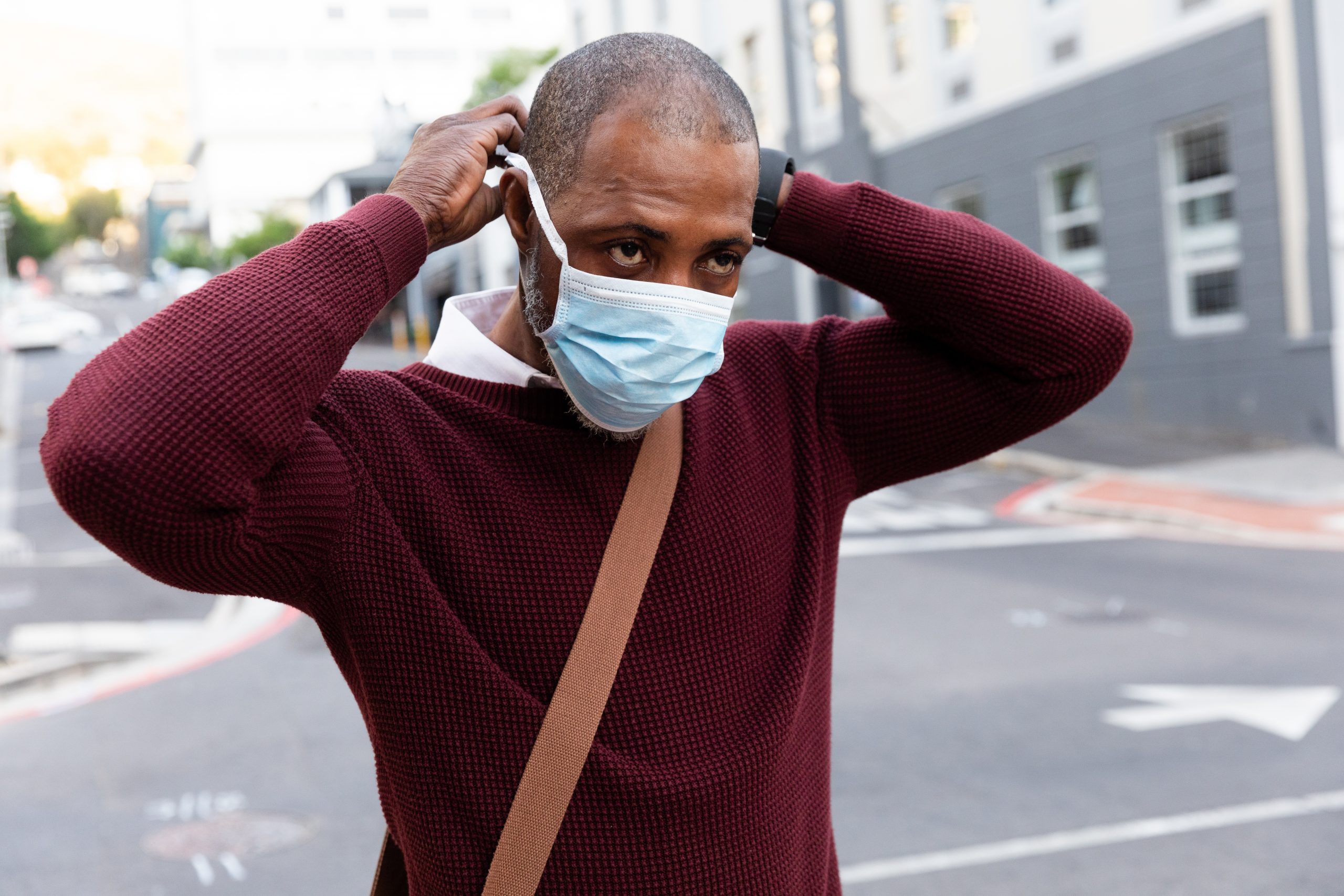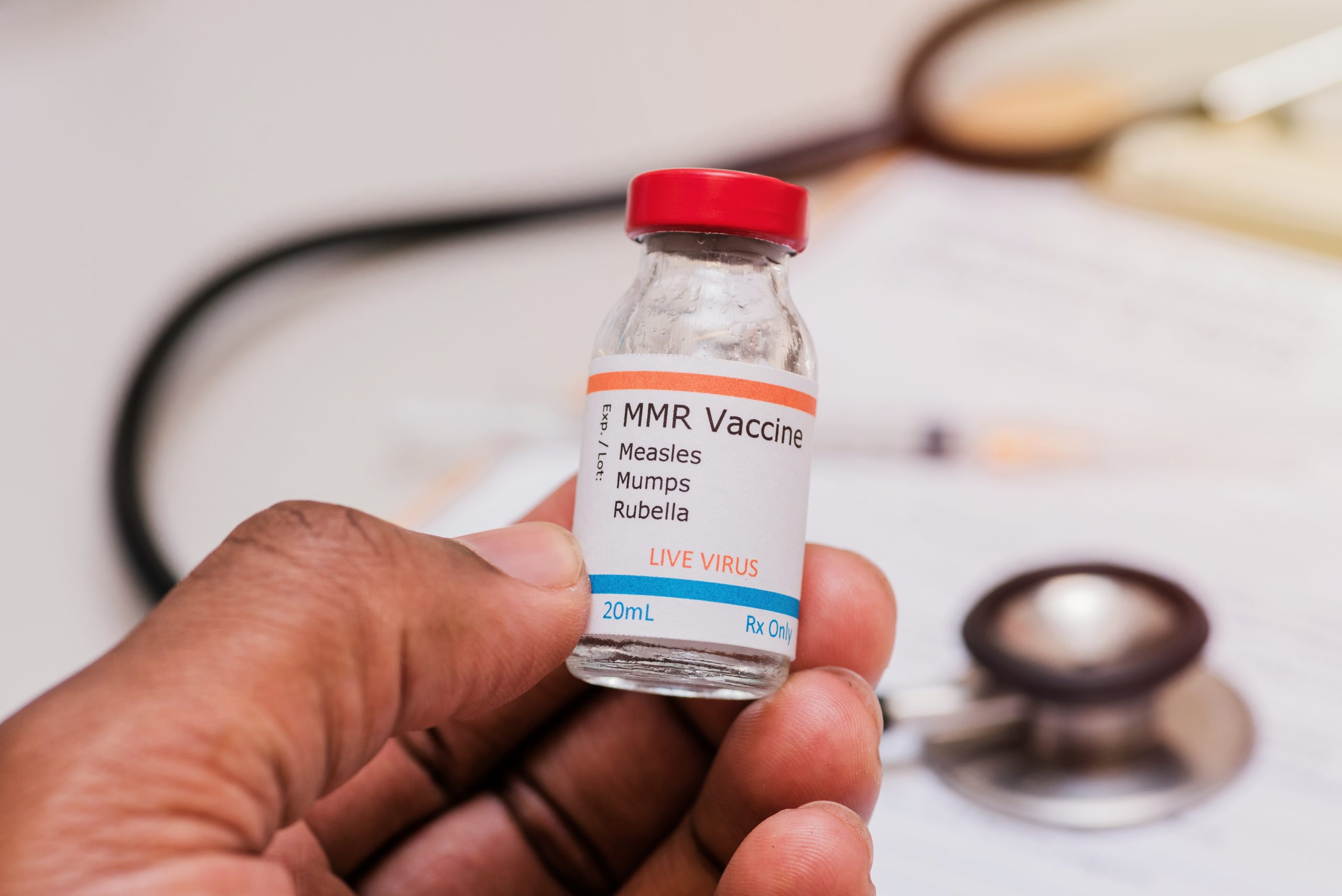HEALTH
AFRICA: Mortality up as Africa marks year of COVID-19 according to WHO

Deaths due to COVID-19 have skyrocketed 40% in Africa over the past month, bringing the number of victims closer to the 100,000 mark since the first case on the continent occurred on February 14, 2020. This surge comes as Africa struggles with new, more contagious variants and prepares for its largest vaccination campaign.
More than 22,300 deaths have been reported in Africa in the past 28 days, compared to almost 16,000 deaths in the previous 28 days.The continent is expected to reach 100,000 deaths in the coming days. Thirty-two countries reported an increase in deaths over the past 28 days, while 21 reported stable or declining rates. In Africa, the COVID-19 mortality rate has risen to 3.7% over the past 28 days, from 2.4% over the previous 28 days, and is now well above the global average.
This peak in death occurs as the second wave of cases in Africa, which began in October 2020, appears to have peaked on January 6, 2021. The second wave spread much faster than the first and is far more deadly.
“The growing number of deaths due to COVID-19 that we are seeing is tragic, but there are also disturbing red flags that Africa’s health personnel and systems are severely overwhelmed. This grim course must force each of us to focus again on the fight against the virus,” said Dr Matshidiso Moeti, World Health Organization (WHO) Regional Director for Africa.
In the second wave, while cases increased well beyond the peak recorded in the first wave, health structures were overwhelmed.Preliminary reports received by WHO from 21 countries show that 66% of them reported insufficient ICU capacity, 24% reported exhaustion of health workers and 15 countries reported oxygen production, critical for critically ill patients with COVID-19, remains insufficient.
This one-year phase comes at a time when the continent is facing the spread of new virus strains. Variant 501Y.V2 (also known as B1.351), first identified in South Africa, was detected in eight African countries, while variant VOC202012/01 (also known as B1.1.7) initially identified in the United KingdomUni has been detected in six countries on the continent.
This week, South Africa announced it would halt the deployment of the Oxford/AstraZeneca vaccine following a study indicating that the vaccine is less effective in preventing mild and moderate infections caused by the dominant 501Y.V2 variant in the country.
This is obviously very disappointing news, but the situation is very changing. A vaccine that protects against all forms of COVID-19 is our greatest hope, but preventing serious cases that overwhelm hospitals is crucial,” said Dr. Moeti. If the cases remain mostly mild and moderate and do not require intensive care, then we can save many lives. So my message is, go get vaccinated as soon as a vaccine is available in your country.”
On February 10, 2021, the Strategic Advisory Group of Immunization Experts, known as SAGE, strongly recommended countries to use the AstraZeneca vaccine, for priority groups, even if variants are present in a country.
These preliminary findings highlight the urgency of a coordinated approach to monitoring and evaluating variants and their potential impact on vaccine effectiveness. The WHO will continue to monitor the situation and provide updates as new data become available.
New variants are likely to appear as the virus continues to spread, so preventive measures must be maintained as Africa prepares to begin vaccination against the virus.
The pandemic is far from over, and vaccines are only an essential tool in our fight against the virus. We need to strengthen investments and support for our health workers and health systems by continuing to respect mask wear, regular hand washing and physical distancing,” said Dr. Moeti.
Dr Moeti spoke today at a virtual press conference hosted by APO Group. She was joined by His Excellency Dr Hala Zaid, Minister of Health and Population of Egypt, and Professor Peter Piot, Director of the London School of Hygiene & Tropical Medicine, Professor of Global Health and Special Advisor to the President of the European Commission on COVID-19. Also present to answer questions were Dr Richard Mihigo, coordinator of the vaccination and vaccine development programme at the WHO Regional Office for Africa, and Dr Nsenga Ngoy, Emergency Program Officer at the WHO Regional Office for Africa.
Source : OMS
HEALTH
COVID 19 – A new variant we discovered

According to a senior official at the World Health Organization, a new highly mutated variant of COVID called BA.2.86 has been discovered in several countries including Switzerland, South Africa, as well as Israel, Denmark, the United States and the United Kingdom.
According to “Reuters”, the variant was first spotted in Denmark on 24 July after sequencing of the virus infecting a patient at risk of becoming seriously ill”. And so it was detected “in other symptomatic patients, during routine checks at airports and in wastewater samples in a handful of countries”.
Thus, scientists have indicated that “although it was important to monitor BA.2.86, it was unlikely to cause a devastating wave of serious illness and death given the immune defenses developed worldwide as a result of vaccination and previous infection”.
WHO COVID-19 technical officer Maria Van Kerkhove said, “The numbers are still low”. But the reduction in global surveillance could lead to rapid circulation of the virus…
HEALTH
TOBACCO CONTROL: Seven out of 10 people protected by anti-smoking measures

A new report from the World Health Organization (WHO) highlights that 5.6 billion people, or 71% of the world’s population, are now protected by at least one good practice policy to save lives from deadly smoking, five times more than in 2007.
Over the past 15 years, since WHO’s MPOWER measures were introduced globally, smoking rates have fallen. Without this reduction, the UN World Health Agency estimates that there are now 300 million more smokers worldwide. This new WHO report on the global tobacco epidemic focuses on protecting the public from passive smoking, noting that nearly 40% of countries now have fully non-smoking indoor public places. The report assesses the progress made by countries in tobacco control and shows that two other countries, Mauritius and the Netherlands, have reached the level of best practices for all MPOWER measures, a feat that only Brazil and Turkey have achieved so far. These data show that, slowly but surely, more and more people are protected from the harms of tobacco by WHO policies based on evidence and best practices.”said Dr Tedros Adhanom Ghebreyesus, Director-General of WHO, congratulating Mauritius on becoming the first country in Africa and the Netherlands on becoming the first country in the European Union to implement WHO’s comprehensive tobacco control policies at the highest level. Eight countries are only one policy away from joining the leaders of tobacco control: Ethiopia, Iran, Ireland, Jordan, Madagascar, Mexico, New Zealand and Spain. However, much remains to be done: 44 countries are not protected by any of WHO’s MPOWER measures. At the same time, 53 countries have still not adopted a total ban on smoking in health facilities. In addition, only half of the countries have smoke-free private workplaces and restaurants.
Passive smoking
“WHO urges all countries to implement all MPOWER measures at the level of best practices to fight the tobacco epidemic, which kills 8.7 million people worldwide, and to oppose the tobacco and nicotine industries, who are lobbying against these public health measures,” said Dr Ruediger Krech, Director of Health Promotion at WHO. About 1.3 million people die each year from second-hand smoke. All of these deaths could be prevented. People exposed to second-hand smoke are at risk of dying from heart disease, stroke, respiratory disease, type 2 diabetes and cancer. In this fight against tobacco, the ban on smoking in public spaces is only one of the measures of the Effective Tobacco Control Package, MPOWER, designed to help countries implement the WHO Framework Convention on Tobacco Control and stem the tobacco epidemic. The paper shows that all countries, regardless of income level, can lower the demand for deadly tobacco, achieve major public health victories and save billions of dollars in health care and production costs.
HEALTH
SENEGAL – 400 cases of measles recorded

Measles is back in force, with more than “400 cases recorded nationally”. It is a revelation of Doctor Boly Diop, responsible for epidemiological and post-vaccination surveillance at the Ministry of Health and Social Action, on Thursday, July 13, 2023.
“Performance in the first half of the year revealed the existence of a measles epidemic,” said Dr. Boly Diop, noting that Fatick is the only one of the country’s 14 regions that has yet to register a confirmed case of measles.
Outside of Fatick, all regions have confirmed cases of measles and there are districts that have become epidemic. This means that today, measles is back in force, there are confirmed cases and epidemics that are recorded throughout the regions,’ he said, on the sidelines of a quarterly coordination meeting for epidemiological surveillance.




